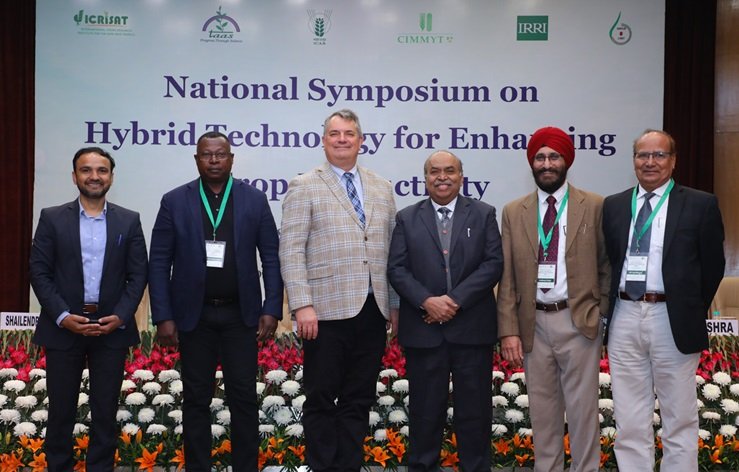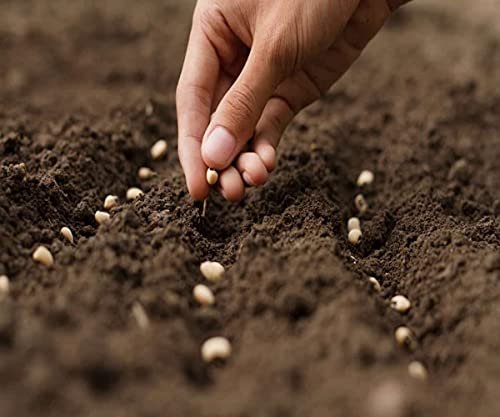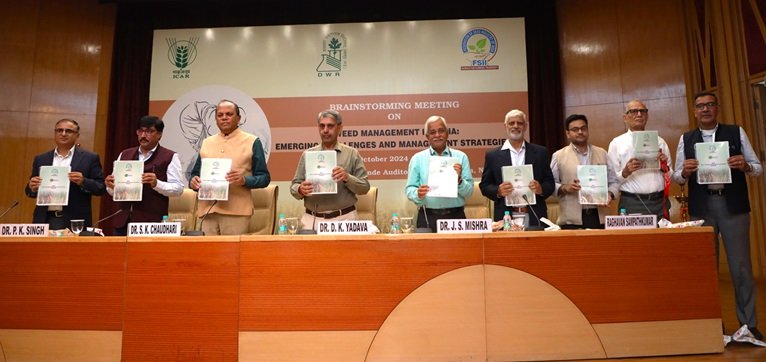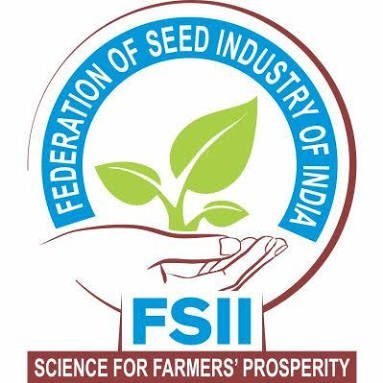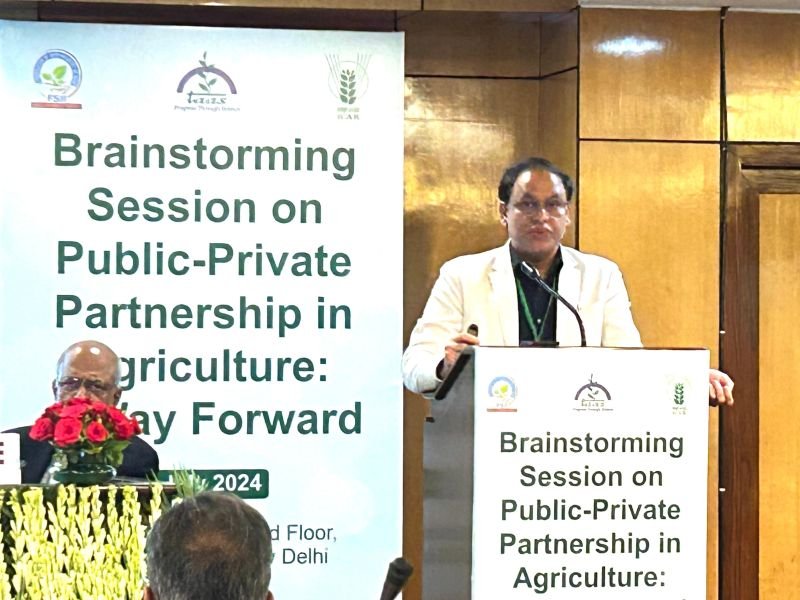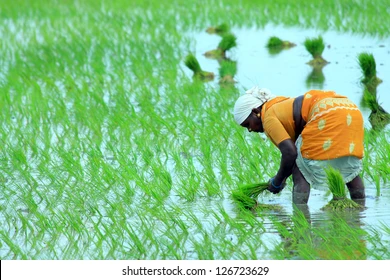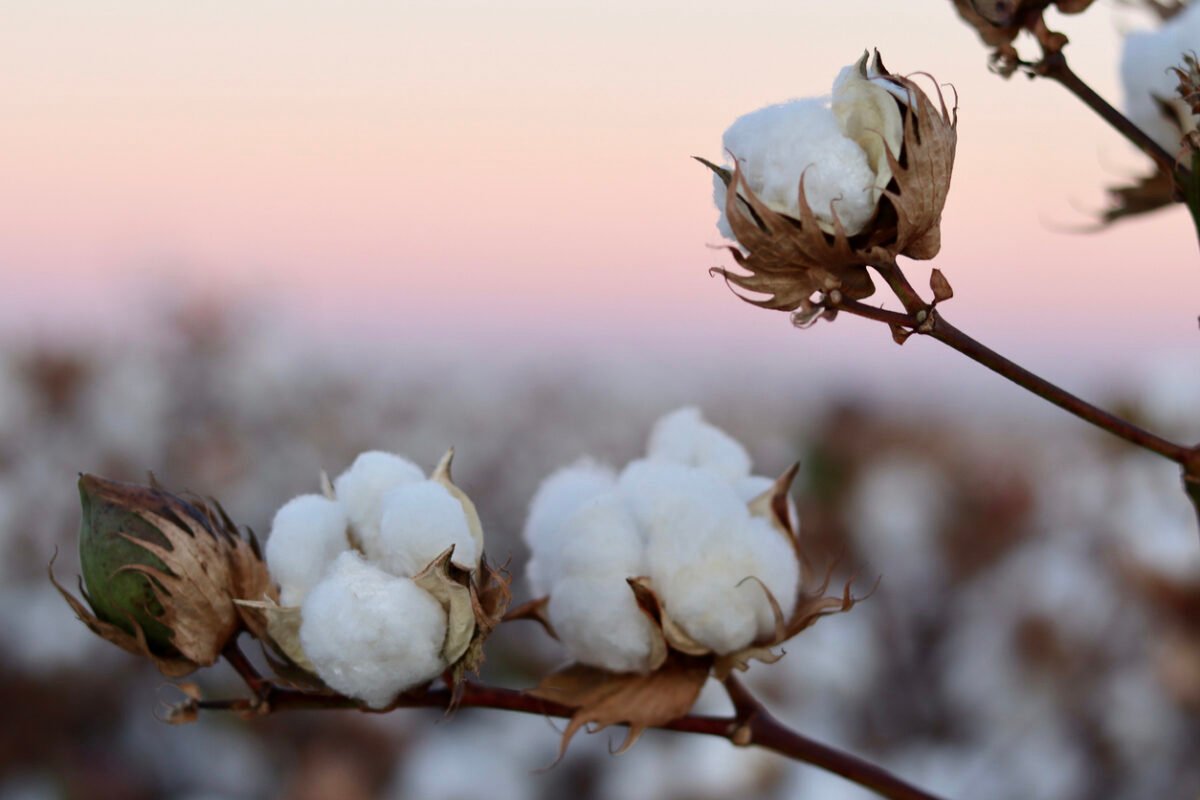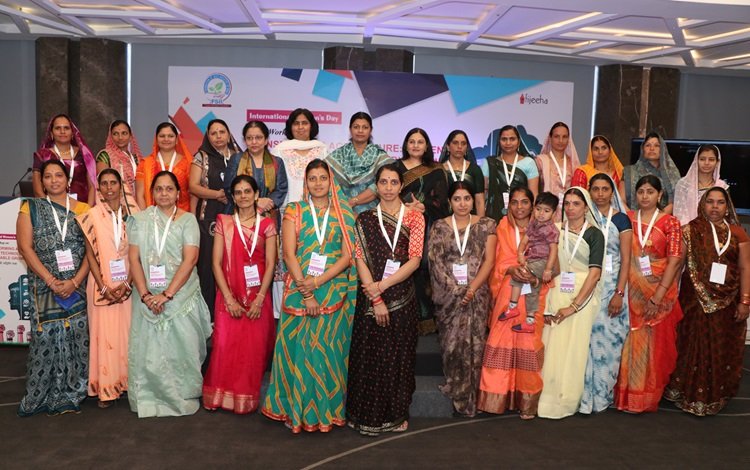Make in India seeds can dominate global trade if protected by robust IPR framework
Experts urge for curbs on rampant infringements affecting India’s seeds industry.
Amid a raging debate over intersectionality of AI and and IP Rights and need to modify the Indian Patent and Copyright Acts, the seed industry has asked for an incisive, non-invasive, and foolproof framework to “protect India’s premium intellectual property rights framework and prevent its infringement.” India possesses huge potential in global seed trade and stronger enforcement can help realise it, they said adding that a strong IPR framework will also ensure our farmers are saved from the damages caused by spurious and counterfeit products and will make their produce globally competitive.
At a conference attended, among others, by Chief QC Officer, Department of Agriculture, Government of Maharashtra, the industry and experts urged the government to expedite stricter enforcement of IPR and related laws.
Organized by the Federation of Seed Industry of India (FSII) in collaboration with the Protection of Plant Varieties and Farmers’ Rights Authority (PPVFRA), Government of India, and the Department of Agriculture, Maharashtra, the conference brought together farmers, seed industry leaders, and government officials. The discussions centered on tackling counterfeit seeds, strengthening IPR frameworks, and creating a more secure and sustainable seed market in India.
Reiterating the government’s commitment to protecting the IPR of India’s seeds industry, Praveen Deshmukh, Chief QC officer, Department of Agriculture, Maharashtra spelt out the need for capacity-building initiatives to combat seed piracy.
He highlighted that many instances of seed piracy stem from a lack of awareness among farmers and industry players about existing laws. To bridge this gap, he called for state-led awareness campaigns, training programs, and regulatory workshops that educate stakeholders on the risks of using unapproved seeds and the long-term benefits of supporting innovation through legally protected seed varieties.
Marking the third edition of this initiative, following successful sessions in Delhi and Hyderabad last year, the Pune conference highlighted the urgent need to safeguard seed innovation through stricter regulatory mechanisms.
Dr Trilochan Mohapatra, Chairperson, PPVFRA, and Former Secretary, DARE & DG, ICAR, emphasized that farmers must be at the center of all policy decisions. He highlighted that the Protection of Plant Varieties and Farmers’ Rights Act (PPVFRA) aims to drive agricultural prosperity, and effective IPR enforcement will ultimately benefit farmers and the nation.
“With two-thirds of the formal seed supply coming from the private sector, there is an urgent need for widespread awareness of IPR and PVP among all stakeholders. Unregistered or unknown seed sources compromise quality, putting farmers at risk,” he warned.
Strengthening IPR enforcement for critical crops like cotton, among others, is vital to ensuring that farmers have access to high-quality seeds, thereby boosting productivity.
Raghavan Sampathkumar, Executive Director, FSII, reiterated that navigating the complex regulatory landscape remains a key challenge for industry players. “By facilitating dialogue and knowledge-sharing, we can create a more conducive environment for innovation and sustainable agricultural practices,” he noted. He also stressed that the rising threat of seed piracy demands a coordinated effort between policymakers, seed companies, and enforcement agencies. Strengthening laws and penalties against counterfeit seed sellers, improving seed certification processes, and promoting traceability mechanisms were some of the solutions discussed.
Dr Dinesh Agarwal, Registrar General, PPVFRA, thanked the Government of Maharashtra and FSII for encouraging dialogue on strengthening India’s agricultural ecosystem. “India’s rich agro-biodiversity is preserved by our farmers, who account for 50 per cent of biodiversity registrations. We recognise the vital contributions of farmers, the private sector, and public institutions in developing new crop varieties, making India the second-largest in the world for variety registrations. Our goal is to provide farmers with a diverse choice of crops, ensuring seamless licensing and enforcement under the IPR regime through better collaboration between public and private sectors,” he said.
With India’s seed industry poised for significant expansion, ensuring robust IPR protection will be critical in maintaining farmer confidence, encouraging research-driven growth, and preventing the proliferation of counterfeit seeds. Experts at the conference agreed that a combination of policy reforms, industry collaboration, and farmer education is the way forward.
Experts urge for curbs on rampant infringements



